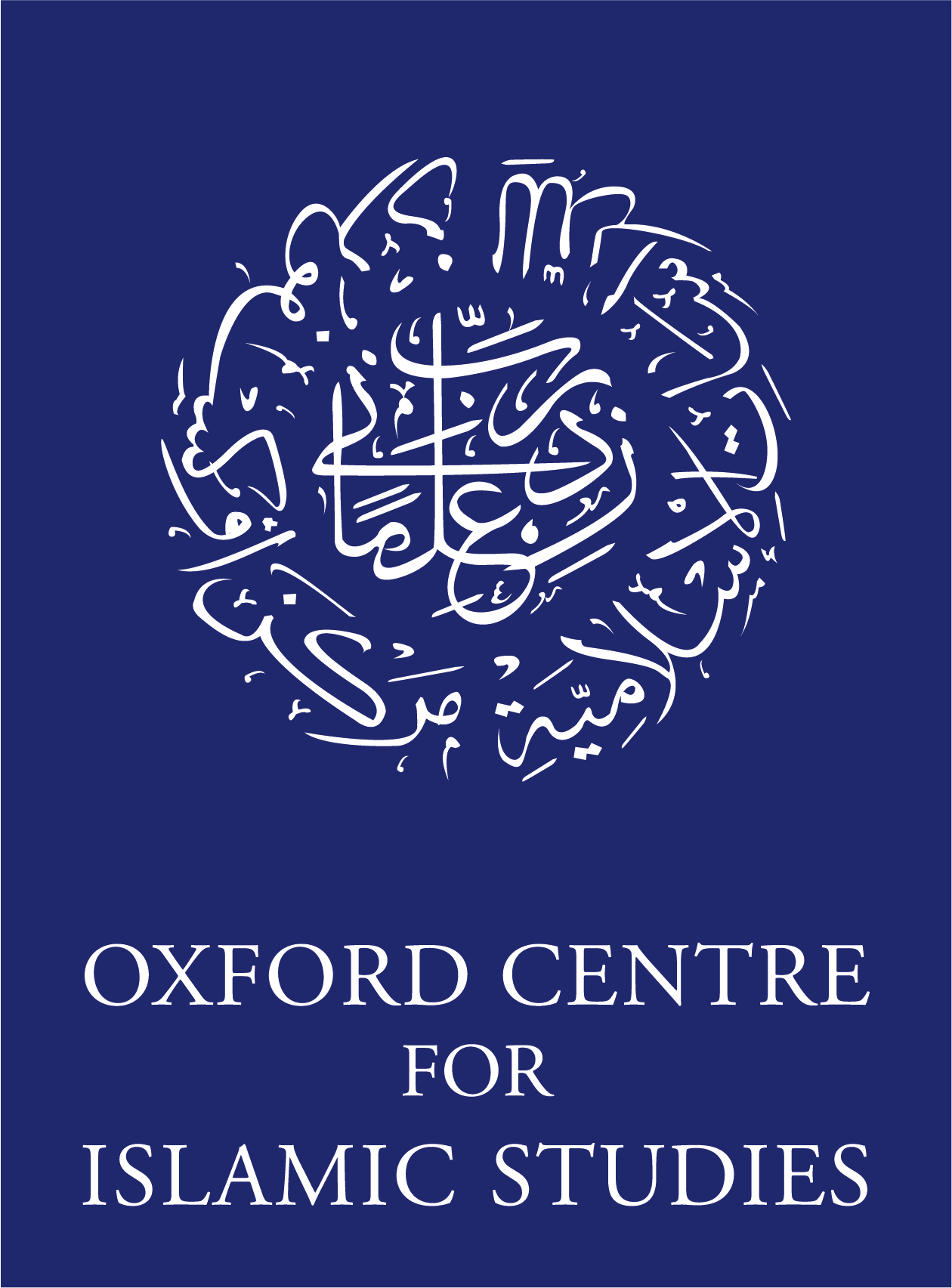Thoughts on the Transmission of Qur’ān and Sunna
Islam is traditionally seen as being based on two main textual sources: Qur'an and Sunna (this last often referred to as Hadith). These sources are generally accepted without question by Muslims but often questioned - and sometimes outright denied - by many ‘Western’ scholars. In this talk we would like to suggest a more nuanced understanding of these sources, whereby a predominantly textual view of "Qur'an and Sunna" is replaced by one that allows much more fluidity in the transmission of the original Prophetic phenomenon that produced "Qur'an and Sunna". It also allows a clearer understanding of the process that led to the eventual standardisation of Four Madhhabs (schools of law) and Seven Readings of the Qur'anic text.
Professor Yasin Dutton is the Azman Hashim Fellow at the Oxford Centre for Islamic Studies, and Emeritus Professor of Arabic Studies at the School of Languages and Literatures, University of Cape Town. He gained his DPhil in Oriental Studies at the University of Oxford, specialising in early Islamic law. He taught Arabic language and the Qur’an in the Oriental Institute, Oxford (part-time, 1993-5), after which he lectured on Arabic and Islamic Studies at the University of Edinburgh (1995-2006), and then on Arabic at the University of Cape Town (2006-2018). He is the author of The Origins of Islamic Law: The Qur'an, the Muwatta' and Madinan 'Amal (Curzon Press, 1999) and Original Islam: Malik and the Madhhab of Madina (Routledge, 2007), as well as numerous articles on early Islamic law, early Qur'anic manuscripts, and the application of Islamic law in the modern world, particularly in relation to economic and environmental issues.
(Seminars start at 5.00 p.m.)
